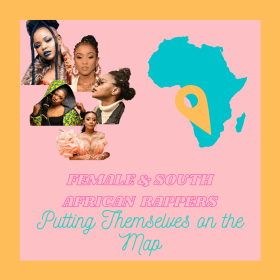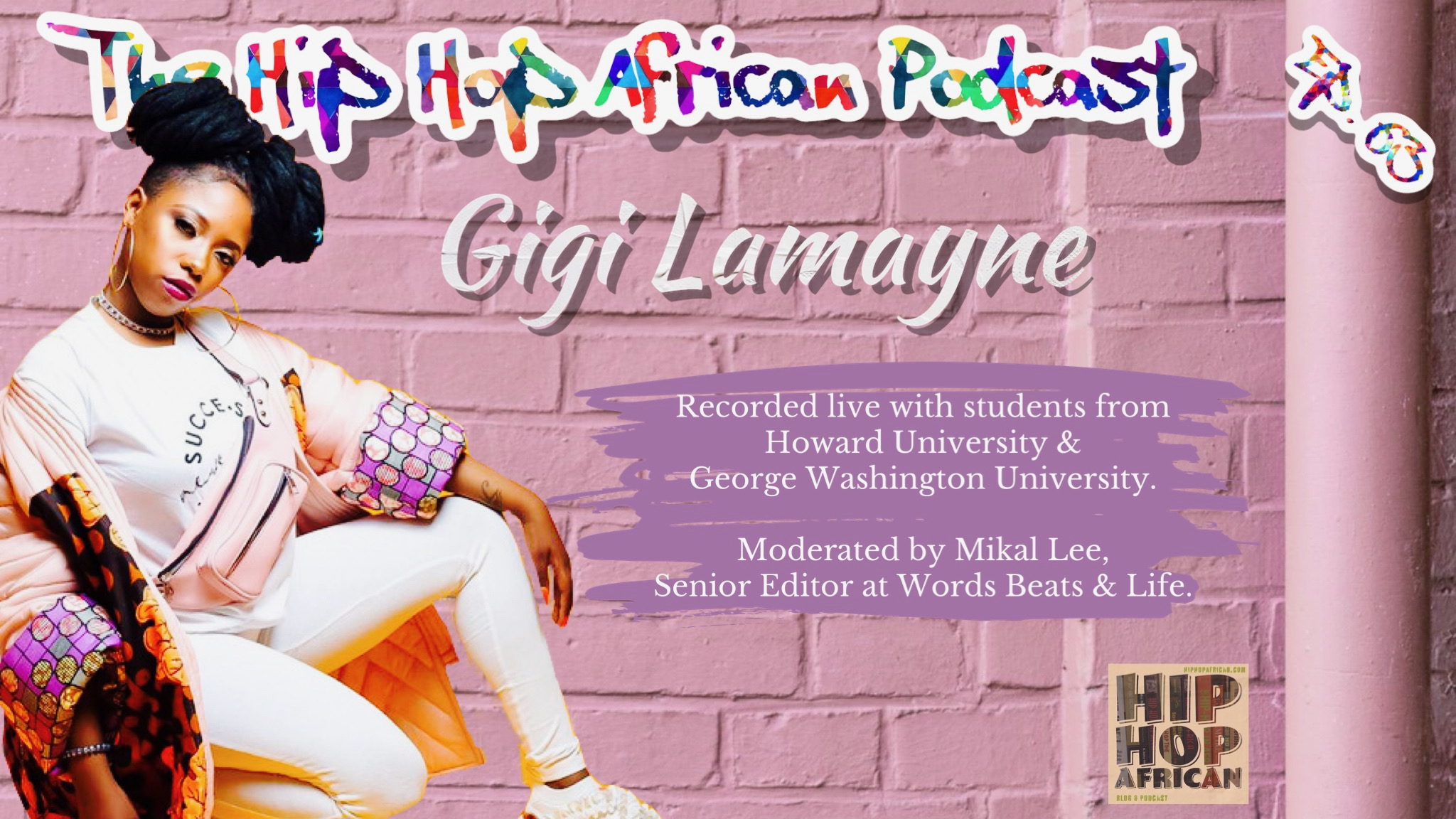Category: Zulu
-

HHAP Ep 73: A Discussion on Race and Identity in South African Hip Hop
In part 2 of our conversation with Dr. Sipho Sithole, he discusses the regional differences in South African hip hop. He talks about the hip hop scenes in Cape Town, Durban, and Johannesburg. He also discusses the linguistic differences in South African hip hop and the role ethnic identity plays…
-

CFP: Politics of Language in African Hip Hop
The question of language in African literature was debated in the 1960s and 1970s. At the heart of the debate was: who qualifies as being an African writer? and what qualifies as African literature? African authors like Ngũgĩ wa Thiong’o and Chinua Achebe weighed in on different sides of the…
-

HHAP Ep 72: A Conversation on South African Popular Music with Sipho Sithole, p. 1
Dr. Sipho Sithole is a Research Fellow at the Johannesburg Institute for Advanced Study (University of Johannesburg) and holds a PhD in Anthropology, a B.Sc in Political Science and International Relations, and an M. Sc in Industrial Relations and Personnel Management. Dr. Sithole’s research revolves around language identity, culture, migration,…
-

Female & Southern African Rappers — Putting Themselves on the Map
A woman stepping into the male-dominated field of hip-hop is revolutionary in itself. Hip-hop was created by men like DJ Kool Herc and Afrika Bambaataa, in the South Bronx of New York City. Upon its creation you did not see too many female emcees and the weight of hip-hop was…
-

HHAP EP. 63: Gigi Lamayne on Representation & Dismantling Respectability Politics
This is the first in a special series of episodes being recorded lives with African Studies students at Howard University and George Washington University. The series is co-hosted with Words Beas & Life, who is also live-streaming the episodes on their Facebook page (facebok.com/wordsbeatslife) on Wednesday nights at 5pm EST.…
